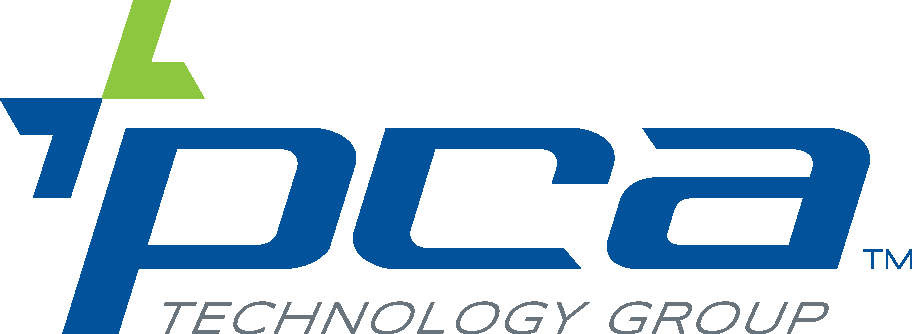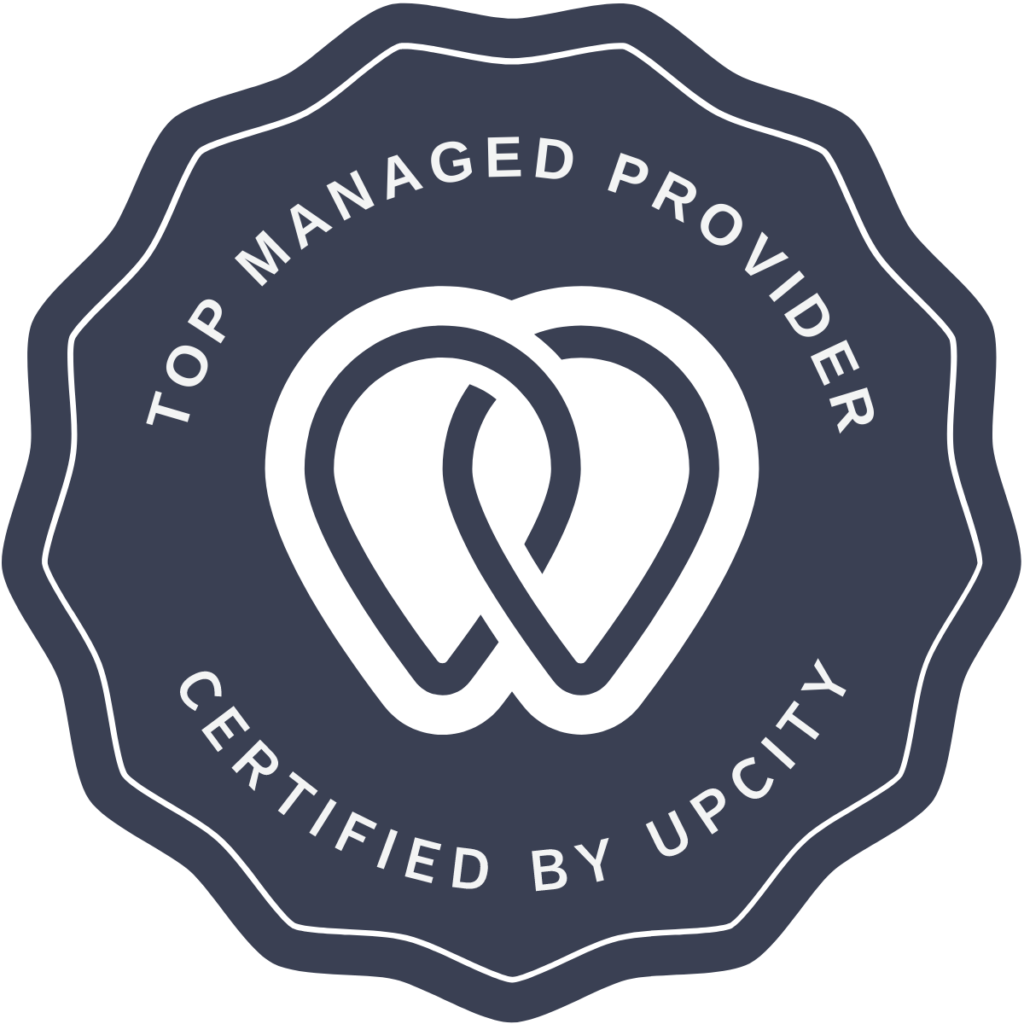Managed IT services providers (MSPs) offer many benefits to small businesses (SMBs). For instance, they provide SMBs with access to top-notch IT resources, solutions, and expertise without having to invest heavily in IT infrastructure or personnel themselves. In doing so, MSPs free SMBs to focus their resources and attention on initiatives that contribute to business growth and success.
However, finding the right MSP for your business is often not so straightforward, especially when it comes to identifying an MSP that is trustworthy, effective, and suited for the specific needs of your business. Leverage the criteria this article provides to assess potential MSPs and find the right one for you.
1. Does the MSP understand your specific industry?
Choosing an MSP with a deep understanding of your industry is crucial, as when it comes to IT, one size does not fit all. The prospective MSP should be familiar with the specific challenges and regulatory landscape your business operates in. An MSP that understands your industry can tailor its services to address your specific needs and implement solutions that align with your business goals.
For example, an MSP working with healthcare providers needs to be well versed in HIPAA compliance regulations and data security best practices. This ensures your sensitive patient data is protected and your business operates within legal bounds, avoiding penalties and fines.
2. How focused is the MSP on managed IT services?
While managed IT services are their core offering, some MSPs may dabble in various other areas that may not align with your needs. When evaluating potential partners, prioritize those whose primary focus is delivering exceptional managed IT services. This commitment ensures they dedicate the necessary resources and expertise to provide you with the highest-quality service possible.
3. What does the MSP offer in the way of cybersecurity?
Cybersecurity is paramount in a digital landscape rife with phishing schemes, ransomware, denial-of-service attacks, and countless other threats. Choose an MSP that prioritizes the latest practices to safeguard your data and network. Make sure to ask about their security protocols and inquire about their response plan in case of a cyberattack. Additionally, discuss disaster recovery plans with the MSP. This will help you evaluate how well they can help secure backups of your data and speed up the recovery process.
4. What do customers have to say about the MSP?
Firsthand testimonials and personal experiences, such as how they treat customers and the quality of their work, can tell you a lot about an MSP. Ask the potential MSP for references, testimonials, and client reviews. In addition, search for testimonials that have not been provided by the MSP.
Identify providers with proven track records and solid reputations. A company that has been operating for some time with consistent, positive feedback indicates a commitment to customer satisfaction. Such an MSP understands the value of a long-term partnership and is more likely to view you as a collaborator, investing in your success, as it reflects on theirs.
5. Is the MSP proactive?
A high-quality MSP takes a proactive approach to your IT needs. This means they search for potential issues and address them before they become problems. Look for an MSP that constantly monitors your network to identify potential issues and implement preventative measures. This minimizes downtime and further ensures smooth operations. Beware of MSPs that solely react to emergencies, leaving you vulnerable to preventable disruptions.
6. How scalable is the MSP?
As your business flourishes, your IT needs will also grow, expanding in scale and complexity. As such, you will need an MSP that can adjust its offerings according to your growth. Analyze the size and structure of their team to ensure they have sufficient resources to support your expanding IT infrastructure. Additionally, inquire about their financial stability and long-term sustainability, because an established and financially sound partner mitigates the risk of disruptions due to unexpected changes in the MSP industry.
7. Is the MSP also asking questions?
Prioritize an MSP that values open communication and collaboration. Effective MSPs should actively engage in discussions with you to understand your specific needs, challenges, and goals. This collaborative approach ensures that the MSP will develop a customized IT strategy that aligns with your unique business objectives.
8. Does the MSP maintain in-person support?
While remote monitoring and service are valuable, on-site visits can be crucial for addressing complex issues. Choose an MSP with a local presence, which allows them to readily dispatch technicians to your physical location when necessary. This close proximity fosters trust and facilitates the development of a healthy working relationship between the MSP and your organization.
9. Is the MSP proficient with the latest technology?
An MSP should value continuous learning to stay abreast of the latest trends and cybersecurity threats. Ask about their recent certifications and training, and inquire about the specific technologies they specialize in. This information provides valuable insight into their expertise and their ability to address modern IT challenges.
10. What is the MSP’s payment plan?
Predictable IT budgeting is a key advantage of partnering with an MSP. Thus, you should opt for MSPs offering fixed monthly fees for defined services. This ensures cost transparency and eliminates the worry of unexpected expenses. With such predictable expenditures in mind, look for an MSP whose pricing structure aligns with your specific needs and budget.
Speak with a PCA Technology Group expert to learn how our managed IT services can help your organization. Contact us today.


